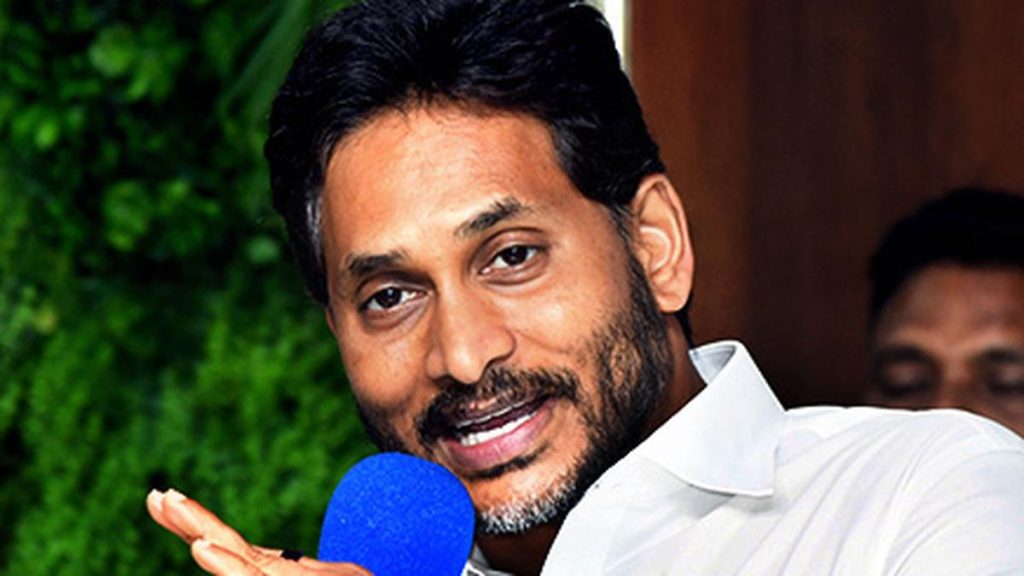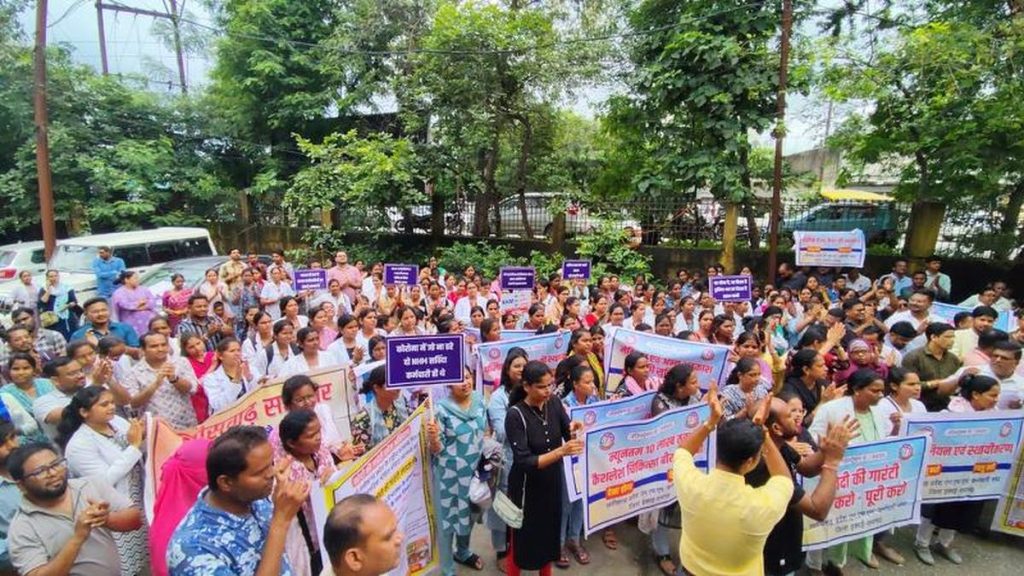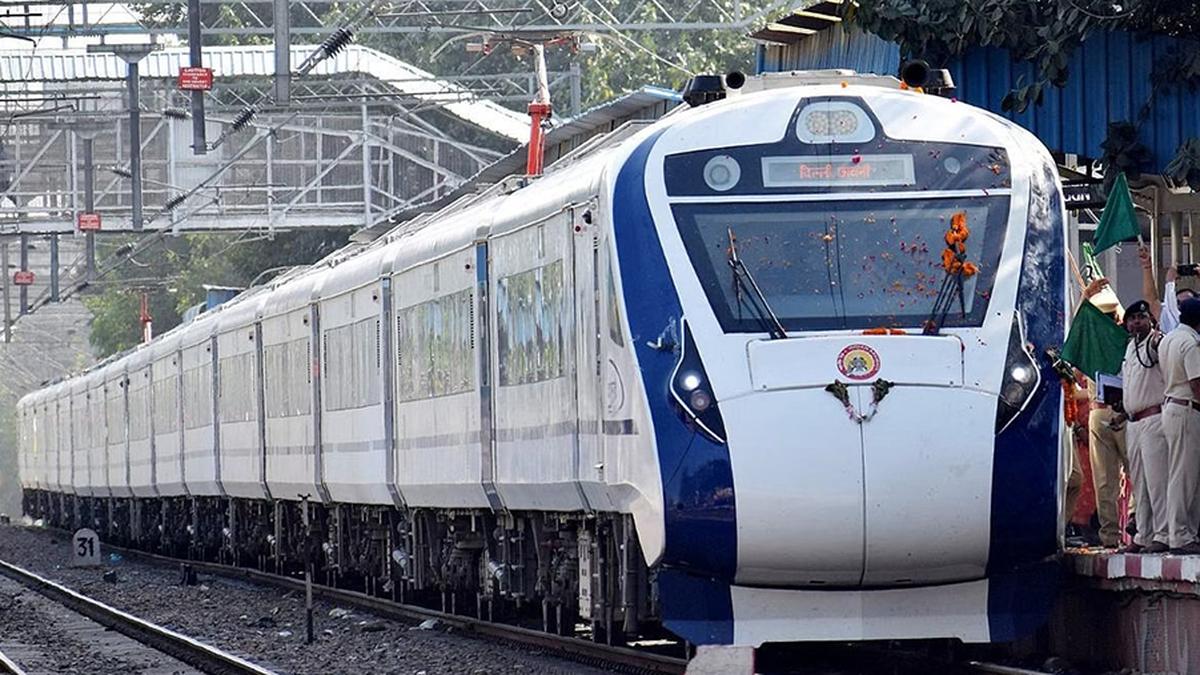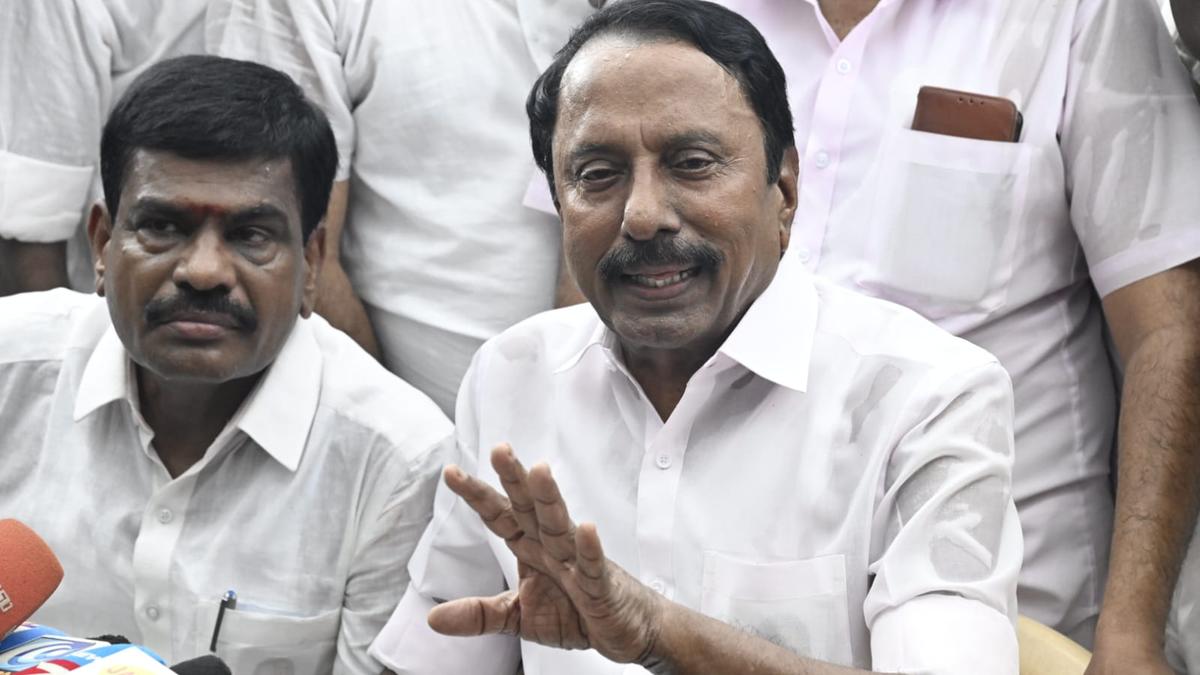Now Reading: Government Releases Draft SOP for Disabled Road Accident Victims
-
01
Government Releases Draft SOP for Disabled Road Accident Victims
Government Releases Draft SOP for Disabled Road Accident Victims
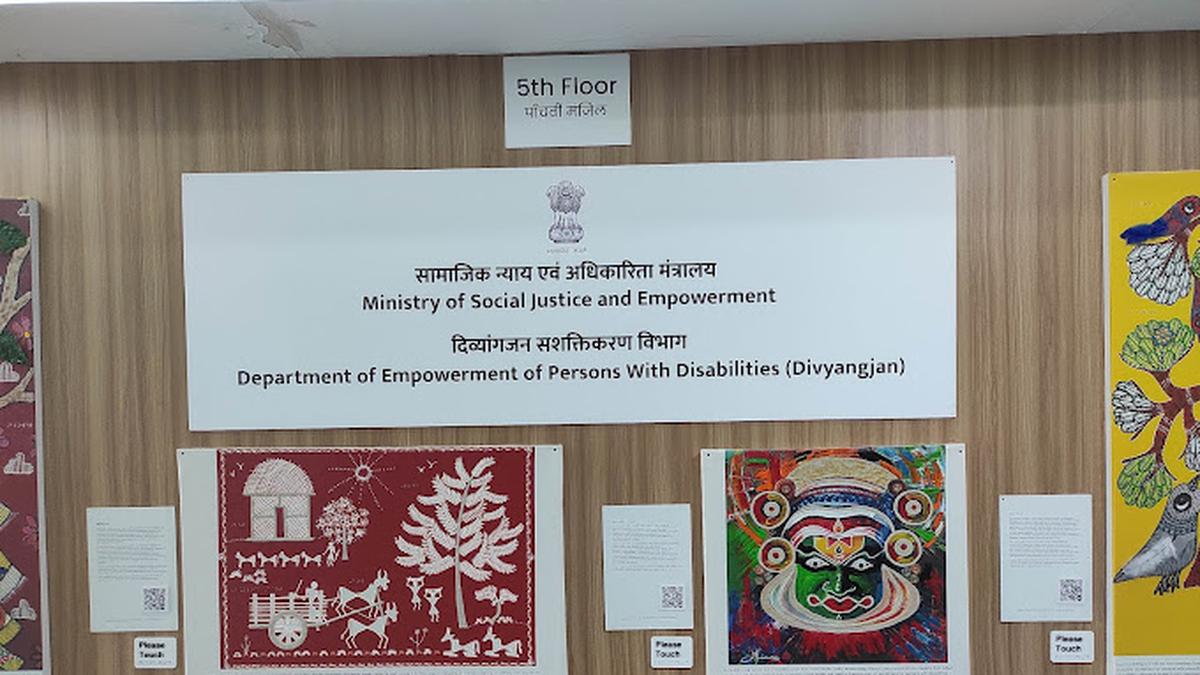
Rapid Summary
- Draft Guidelines Proposed: the Center has issued draft guidelines emphasizing disability-kind ambulances, priority evacuation for injured persons, trained first responders, accessible public transport, and rehabilitation plans for road accident victims sustaining disabilities.
- Integration with Disability ID Database: Accident databases will be integrated with the Unique Disability ID (UDID) system to provide real-time alerts and streamline compensation claims.
- Compliance Requirements: New road infrastructure must align with the RPWD Act (2016) and IRC codes; tactile paving, ramps, accessible crossings, audible signals, low-floor buses are mandated. Regular accessibility audits will be required by States/UTs.
- Disability-Inclusive Zones: High footfall areas like hospitals and special schools must adapt environments to meet accessibility standards. App-based cabs must become pwd-accessible.
- Emergency Response Training: Police officers, paramedics, and good samaritans will be trained in identifying disabilities and administering immobilisation techniques during emergencies. Ambulances must have ramps and adjustable stretchers; trauma centres linked to national disability institutes for specialised care.
- Post-Trauma Rehabilitation: Includes physiotherapy, vocational training, psychological support & assistive devices like prosthetics via schemes such as ADIP.
- Financial Support Frameworks:
– Coordination by District Road Safety Committees ensures compensation under the Motor Vehicles Act alongside IRDAI insurance packages covering rehabilitation technologies/devices.
– Verification of disability certificates mitigates fraud risks during claims processes; re-examination may occur in suspicious cases by authorized hospitals.
- Other Measures: Annual training for first responders is prescribed along with database integration across systems like CCTNS. Liaison officers will monitor state-level accessibility initiatives.
Indian Opinion Analysis
The proposed guidelines reflect significant progress toward ensuring inclusion of persons with disabilities (PwDs) in India’s infrastructure advancement strategy. By addressing road safety comprehensively-from prevention through emergency response to rehabilitation-the framework aligns well with both national legislation (RPWD Act) and judicial directives.
Integrating accident reporting mechanisms into the UDID system not only aids rapid claim processing but also enhances data accuracy when planning interventions-an innovation that could drive systemic improvements in PwD welfare initiatives nationally.
While implementation challenges such as funding allocations or regular compliance audits may emerge at state levels given India’s varied administrative capacities across regions being consistent priorities addressing proportional equity /audit_flagged


